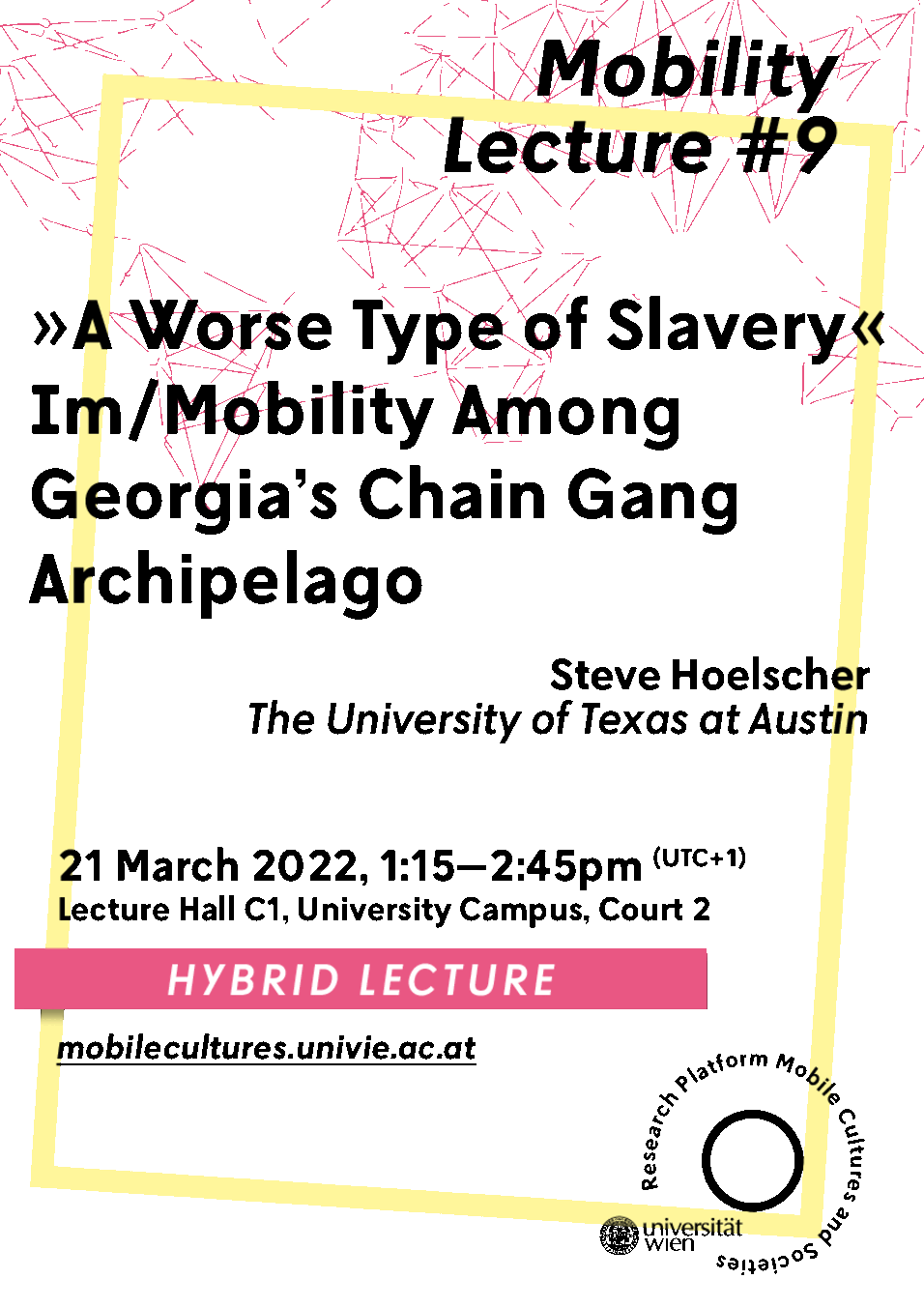The transportation infrastructure throughout much of the American South is built upon a profound paradox: many of the roads, highways, and thoroughfares that have come to define modern mobility were substantially constructed by people whose movement was inherently prohibited—prisoners of the Jim Crow-era chain gang. In 1930 Georgia, for example – a national leader in modernizing its road network – 116 counties made use of forced labor by more than 8,000 convicts, the vast majority of them Black. During the first three decades of the twentieth century, the state’s convict leasing system evolved into a vast network of chain gang camps, comprising an archipelago of forced labor. Although widely accepted by many whites as a natural and beneficial solution to a labor shortage, the forced use of African American prisoners for the hard and often fatal work of road building did not go unchallenged. Among those critics was the radical, investigative journalist John L. Spivak, whose anti-racist work may have helped him earn the moniker “America’s Greatest Reporter” from Time magazine, but who today has been largely forgotten. This presentation explores the paradox of Jim Crow-era im/mobility by examining one man’s efforts to expose what critics called “a worse type of slavery.” His photographs of Georgia’s chain gang archipelago represent an afterimage of slavery: that is, a series of visual images that evoke the legacy of enslavement well after the Thirteenth Amendment officially abolished slavery.
Der Vortrag findet in Präsenz statt und wird ebenfalls aufgezeichnet.

